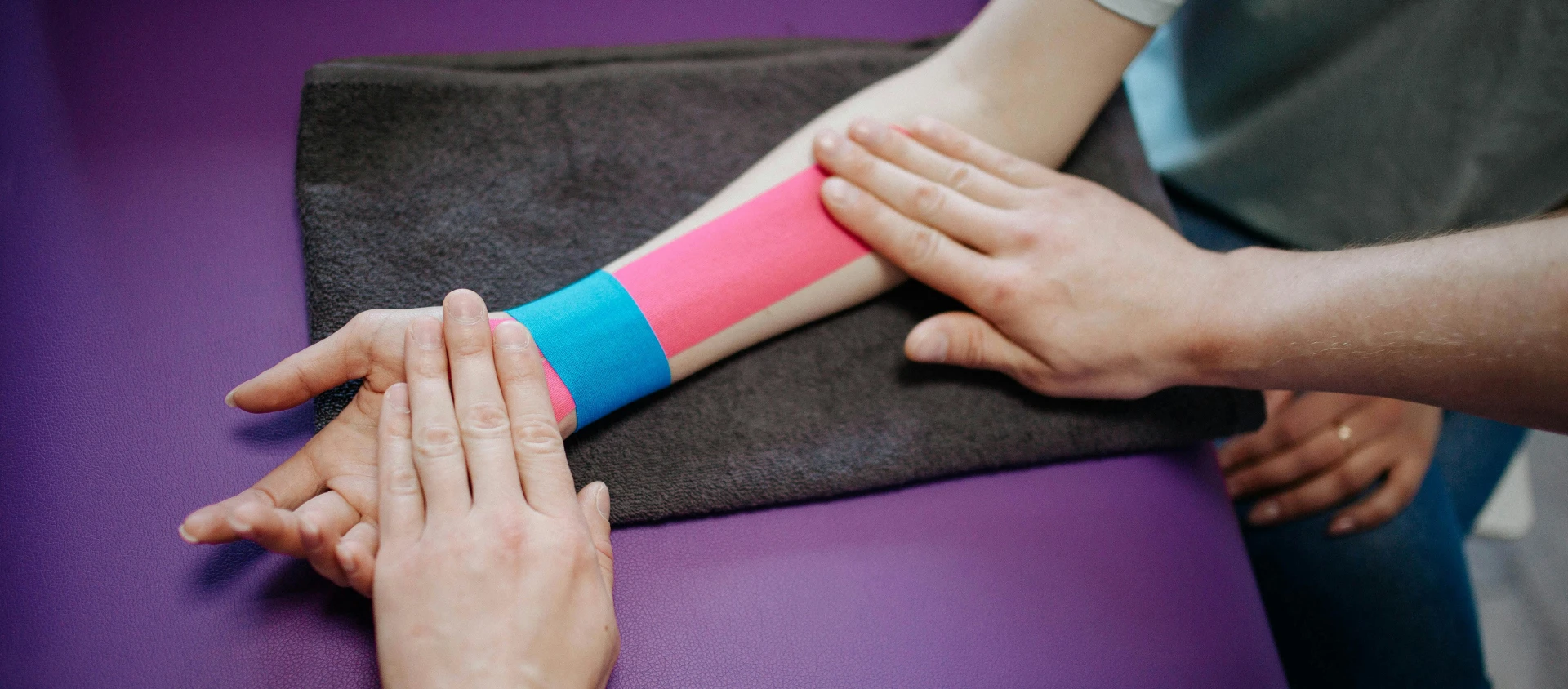Understanding the Importance of Choosing the Right Physiotherapist
Why Your Physiotherapist Matters in Your Health Journey
Physiotherapy plays a crucial role in rehabilitation, pain management, and improving physical function. The right physiotherapist can make a significant difference in your recovery speed and overall experience. They not only guide you through exercises and manual therapy but also provide education and encouragement to empower you toward better health.
Having a good physiotherapist means you get a partner who understands your unique health needs, sets achievable goals, and adjusts your treatment plan based on your progress. This personalized care improves outcomes and helps you regain mobility safely and effectively.
The Risks of Poor Physiotherapy
When a physiotherapist lacks skill or engagement, patients might face delayed recovery, ongoing pain, or even worsening of their condition. Poor treatment can also lead to frustration and loss of motivation, which are detrimental to rehabilitation. Hence, knowing how to evaluate your physiotherapist is essential for your health.
Key Characteristics of a Good Physiotherapist
Professional Credentials and Ongoing Education
A good physiotherapist holds valid qualifications from recognized institutions and is registered with a professional regulatory body. These credentials ensure they have met rigorous standards in education and ethics.
Continuing Professional Development
Physiotherapy techniques and research evolve continually. The best physiotherapists actively update their skills through courses, workshops, and seminars. This commitment ensures they provide treatments grounded in the latest evidence, optimizing your recovery.
Comprehensive and Personalized Initial Assessment
One of the hallmarks of a skilled physiotherapist is dedicating sufficient time to understand your condition fully. This assessment should include:
- Detailed questioning about your medical history, lifestyle, and symptoms
- Physical examination to test mobility, strength, and pain triggers
- Identification of any underlying issues affecting your health
This thorough approach helps them create a treatment plan tailored specifically for you.
Clear Communication and Patient Education
Effective communication is key to a successful therapeutic relationship. Your physiotherapist should:
- Explain your diagnosis and treatment options clearly in plain language
- Outline realistic expectations regarding your recovery timeline
- Encourage questions and ensure you understand your exercises and goals
- Provide guidance on self-management and injury prevention
When communication is transparent, you feel more confident and engaged in your care.
Personalized and Evidence-Based Treatment
Tailored Treatment Plans
A good physiotherapist never applies a one-size-fits-all method. They design a unique program based on your needs, combining manual therapy, therapeutic exercises, and education. This personalization increases the likelihood of effective and sustainable recovery.
Using Proven Techniques
Physiotherapy is supported by extensive scientific research. Skilled practitioners rely on evidence-based interventions proven to be effective for various conditions. They avoid outdated or unvalidated treatments, focusing instead on approaches with demonstrated benefits.
Professionalism, Empathy, and Patient Involvement
Demonstrating Professionalism and Respect
Professionalism includes respecting patient confidentiality, maintaining punctuality, and creating a welcoming and safe environment. Empathy towards your pain and challenges also fosters trust and motivation.
Encouraging Active Participation
A great physiotherapist sees you as an active partner in your recovery. They encourage you to:
- Take ownership of your exercises and self-care
- Communicate openly about your progress or difficulties
- Make lifestyle changes that support long-term health
This collaborative approach helps you stay motivated and achieve better results.
Monitoring Progress and Adapting Treatment
Regular Reassessments
Continuous evaluation of your progress is essential. Your physiotherapist should track improvements in symptoms, mobility, and function regularly.
Flexibility in Treatment
If progress stalls or new issues arise, a skilled physiotherapist will adapt your plan accordingly, adjusting exercises or introducing new therapies to meet your evolving needs.
Factors Beyond Skill: Accessibility and Comfort
Convenient Location and Scheduling
Consistency is vital in physiotherapy. Choosing a clinic that is easy to access and offers appointment times that suit your schedule helps maintain treatment regularity. This is especially important in communities like Coquitlam, British Columbia, where busy lifestyles demand flexible and accessible healthcare options.
Building a Comfortable Therapeutic Relationship
Feeling at ease with your physiotherapist encourages honesty and openness, which enhances the effectiveness of treatment. A good rapport can significantly influence your commitment to therapy.
How to Evaluate Your Physiotherapist’s Performance
Important Questions to Ask
To assess your physiotherapist’s suitability, consider asking:
- What experience do you have with my condition?
- How will my treatment plan be customized?
- What are realistic goals and timelines for my recovery?
- How do you stay current with physiotherapy advances?
- What should I do between sessions to aid my progress?
Their responses can reveal their expertise, communication style, and dedication.
When It Might Be Time to Find a New Physiotherapist
Signs that you may need to switch include:
- No noticeable improvement after several sessions
- Poor communication or unwillingness to answer questions
- Feeling uncomfortable or disrespected during visits
- Lack of progress monitoring or plan adjustments
- Unprofessional conduct or unreliable scheduling
Your health should never be compromised, so don’t hesitate to seek better care if necessary.
Key Qualities of a Good Physiotherapist
| Quality | Description | Why It Matters |
| Professional Credentials | Certified qualifications and registration with regulatory bodies | Ensures standard education and ethical care |
| Comprehensive Assessment | Detailed initial evaluation of medical history and physical condition | Enables personalized treatment planning |
| Clear Communication | Explaining conditions and treatments in understandable language | Builds trust and patient engagement |
| Evidence-Based Practice | Use of scientifically supported techniques and therapies | Optimizes effectiveness and safety |
| Personalized Treatment Plan | Tailored exercises and therapy specific to individual needs | Improves recovery outcomes |
| Empathy and Professionalism | Respect, empathy, punctuality, and patient confidentiality | Enhances therapeutic relationship |
| Progress Monitoring | Regular evaluation and adaptation of treatment plan | Ensures continuous improvement |
| Patient Involvement | Encouragement of active patient participation and education | Supports long-term wellness |
Easy Allied Health
Your Health Support Starts with One CallFor residents of Coquitlam, British Columbia, seeking expert physiotherapy and allied health care, Easy Allied Health is a trusted choice. Conveniently located at 3025 Lougheed Hwy. #430, Coquitlam, BC V3B 6S2, their team is dedicated to providing personalized, evidence-based treatment to support your recovery and wellness. With a compassionate approach, Easy Allied Health ensures you feel comfortable and empowered throughout your health journey. To schedule a consultation, call (604) 332-6702 or email info@easyalliedhealth.ca. Your health support truly starts with one call.







